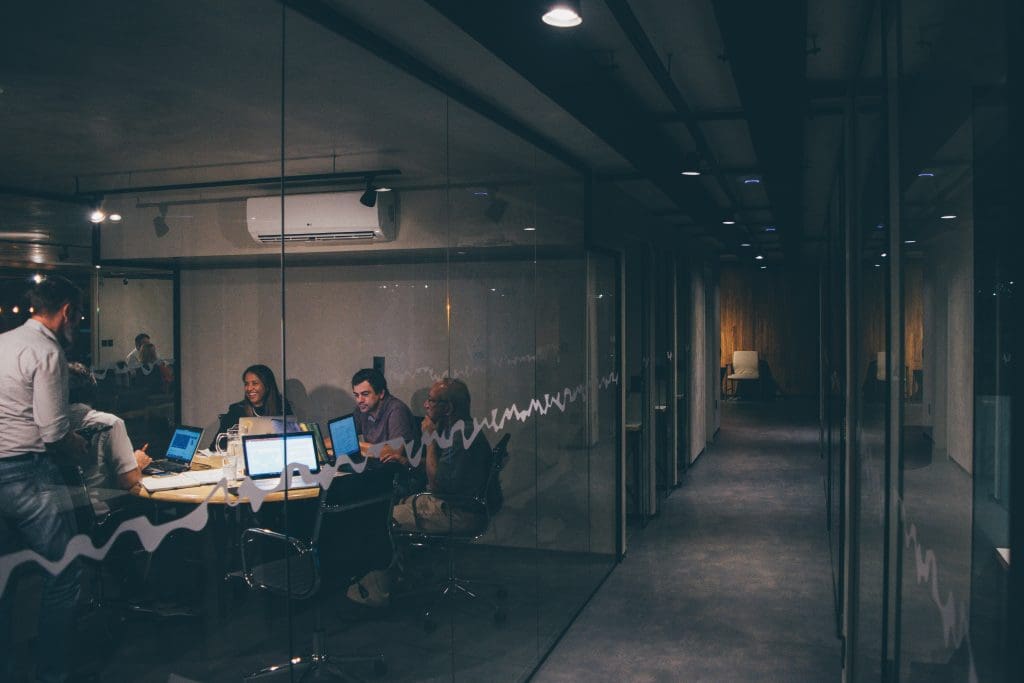Workplace Trends to Keep Up For 2021 | Coworking Space KL

Significant shifts to the workplace in 2020 are making way for a newly transformed world of work in 2021. The recent COVID-19 outbreak, lockdowns, and a global recession looming large in the corporate field have forced HR and employers to revisit all their processes and strategies and assess them from the ground up.
This article will lay out insights that shape a new, stronger foundation on how work gets done with the upcoming new year!
COWORKING SPACE KL: THE GROWTH OF REMOTE & FLEXIBLE WORKING

To ensure employees’ safety, we’ve seen many companies who previously have been operating on-premise and are suddenly tasked with onboarding and setting up their entire workforce to work-from-home (WFH) for an indeterminate amount of time.
According to a study by Buffer, it was highlighted that 90 percent of the workers are planning to work from home in the long term as the cost of living in second-tier cities and suburbs is lower. The WFH trend is not only being popular in terms of saving costs between the employees but as well as for the company. Companies such as Nationwide and REI have decentralized their offices. Nationwide has closed five of their brick-and-mortar offices and have shifted their employees to work remotely in response to the Covid 19 crisis. Whereas, REI sold their headquarters and moved their employees to multiple locations, and enacted a complete work-from-home policy.
COWORKING SPACE KL: FOCUS ON EMPLOYEE WELL-BEING AND SAFETY

Now more than ever, employers will prioritize the needs of their workers and take steps to ensure a safe return to the workplace by implementing COVID-19 optimized protocols at their workspaces to limit potential exposure to the virus. Other initiatives that employers should be focusing on is keeping their facilities clean, communicate regularly about their reopening status, and maintain safe working conditions.
Companies that adhere to these safety protocols are more likely to attract and retain talented employees as they feel safe coming into a work environment that is transparent on their procedures and future plans. Big companies like Nokia had used technology to ensure worker safety by installing an automated elevator temperature detector to spot potential COVID-19 infections within their premises.
COWORKING SPACE KL: THE GROWTH OF DEMAND FOR RETRAINING AND RESKILLING

The rise of the pandemic has certainly switched and disrupted the global economy, causing businesses and economic demands to move towards the adoption of and all things automated. With the current situation, many employers are looking for talents that are able to meet the upcoming in-demand skills of 2021 such as artificial intelligence, machine learning, cloud computing, cybersecurity, disaster recovery, AR & VR, blockchain, healthcare IT, and UX design.
To meet this challenge, companies should craft a talent strategy that develops employees’ critical digital and cognitive capabilities, social and emotional skills as well as adaptability and resilience. Companies can start the basis of the new skills for their employees to adopt by deciding on strategies that will shore up the future of the business and map out which skill pools will disproportionately affect it in order to facilitate the increase in demand and customer expectations.
Thus, retraining and upskilling workers will become a major part of the business strategy while heading into 2021 as markets are shifting and investments are not filling in on new technology that is growing.
COWORKING SPACE KL: HYBRID WORKPLACE AND WORKFORCE

The pandemic led to the process of working from home and as a result, many organizations are looking for a new hybrid model that combines remote work and a physical office space.
A common procedure for existing hybrid companies is to designate certain days for in-office meetings and collaboration, and remote days were meant for work involving individual focus. Physical presence might be required for orientation, team-building and project kick-offs. It generally provides more autonomy for employees to fit workarounds, rather than structuring other parts of a weekday around the hours logged in an office. Ideally, it’s the best of both worlds: structure and sociability on one hand, and independence and flexibility on the other.
Microsoft adopts ‘hybrid workplace’ to cope with the raging coronavirus crisis which allows all employees to work remotely less than 50% of the time. Besides that, employees can also request approval from their managers to work remotely full-time or even move to a new location. As work from home is no longer a long-term solution as it will demotivate employees as well as blurring the line between work-life balance. Consequently, many companies will be embracing flexible spaces and schedules as we move forward into 2021.
COWORKING SPACE KL: KEEPING UP WITH THE TREND
With the unfaltering COVID-19 situation, many businesses are unable to predict their future office needs. Hence, businesses need to acquire more agility and now more than ever, flexible workspace can help meet the demands of a new age of work.
Our Ultra Flex Solution makes it easy to work around unforeseen issues without having to commit to a unending office contract, easy contract exit strategy and quick refunds – giving your company maximum agility to retain cash flow and keep liabilities low. Stay agile and opt for our ultra flex option to be included into your lease.
If you would like to learn more about our Ultra Flex Solution, you can click here for the full breakdown, or reach out to us via email at ask@colony.work or call at +6016 482 1319 for other Coworking Space KL plans.
RELATED COWORKING SPACE KL ARTICLES:
Coworking Space KL: 4 Solutions to Tackle your Everyday Work-From-Home Challenges
Coworking Space KL: Turning Points to Adapt for your Business this 2020!





